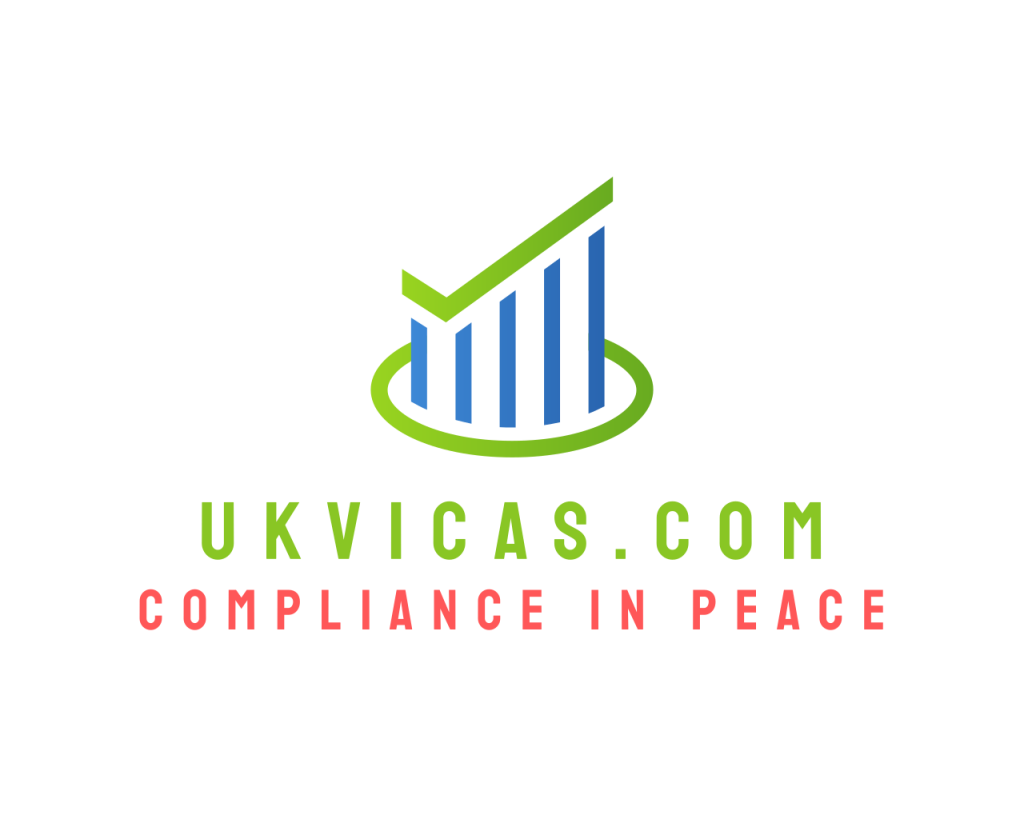As the UK tightens immigration rules and strengthens sponsor oversight, sponsor licence holders must brace for deeper scrutiny from the Home Office. Whether you’re anticipating a pre-licence visit, a compliance audit, or a spot check, being fully prepared is essential to avoid penalties, licence suspension, or even revocation.
In this guide, we break down the key areas of Home Office scrutiny, and provide actionable tips on how to prepare for both announced and unannounced audits in 2025.
1. Right to Work (RTW) Compliance: Your First Line of Defence
Right to Work (RTW) checks are one of the most heavily scrutinised areas during a Home Office audit. Employers must prove that every employee has the legal right to work in the UK. To do this, you need to carry out:
- Manual checks (e.g. checking original documents)
- Online checks using the Home Office portal
- IDSP checks through approved identity service providers (for British and Irish citizens)
To protect yourself from civil penalties, maintain a record of each RTW check and ensure it includes the date and method used. This forms the basis of the statutory excuse against illegal working penalties.
2. Record-Keeping: Accuracy is Non-Negotiable
Every sponsor must demonstrate robust record-keeping. Auditors may request immediate access to documents such as:
- Employee passports and visa documents
- Employment contracts
- Payroll records
- Attendance logs
- Recruitment notes and interview scores
- Proof of job role, salary, and working hours
- Notifications of changes to a sponsored worker’s duties, location, or status
All records should be digitally stored, easy to retrieve, and kept for at least one year after sponsorship ends or for the duration of employment plus two years, whichever is longer.
Use cloud-based HR software or compliance platforms like UKVICAS to centralise and secure your sponsor records.
3. Sponsor Duties: Know Your Responsibilities
Being a sponsor licence holder means you’re acting as a gatekeeper for UK immigration. The Home Office expects strict adherence to your sponsor duties, including:
- Monitoring immigration status and visa expiry dates
- Reporting changes (e.g., job role, salary, resignation) via the SMS within 10 working days
- Ensuring the sponsored role matches the assigned Certificate of Sponsorship (CoS)
- Preventing illegal working and responding to Home Office correspondence promptly
✅ Tip: Schedule monthly internal reviews of sponsored workers’ data to stay ahead of reporting deadlines.
4. HR Policies and Procedures: Ensure Consistency
To pass an audit, you must show that your company has clearly documented HR policies, especially those relating to:
- Recruitment and onboarding of sponsored workers
- Right to Work checks and ongoing monitoring
- Absence management and record-keeping
- Handling changes in job duties, salary, or location
These policies should be reviewed regularly to reflect the latest immigration law changes and must be followed consistently across all departments.
5. Genuine Vacancy Requirement: Justify Every Hire
Although the Resident Labour Market Test (RLMT) has been abolished, the Home Office still requires you to prove that:
- The sponsored job is a genuine role
- The most suitable candidate was selected, regardless of nationality
- The hiring process was transparent and competitive
Keep evidence of job advertisements, interview notes, scoring criteria, and reasons for selection to support your decision.
6. Key Personnel & Training: Build Internal Expertise
Every licensed sponsor must appoint the following Key Personnel via the Sponsorship Management System (SMS):
- Authorising Officer
- Key Contact
- Level 1 User
All Key Personnel must understand their duties and remain up-to-date with compliance obligations. But more importantly, training shouldn’t stop with HR. Anyone involved in recruitment or managing sponsored workers should be familiar with immigration compliance basics.
✅ Tip: Deliver annual in-house compliance training and mock drills across HR, recruitment, and line management teams.
7. How to Prepare for a Home Office Audit (Announced or Unannounced)
With audit visits becoming more common, businesses must proactively prepare for both scheduled and surprise inspections. Here’s how:
a) Conduct Internal or Mock Audits
Simulate a real audit using internal teams or external consultants. Review documentation, test your reporting processes, and even run mock interviews with staff to check awareness of immigration policies.
b) Assign Clear Roles and Responsibilities
Define who owns each part of the compliance process—from Right to Work checks to CoS assignments. Have a cover plan for absences to ensure continuity.
c) Stay Up to Date with Policy Changes
Immigration rules in the UK evolve rapidly. Subscribe to Home Office updates and follow trusted sources like Migration Advisory Committee or specialist platforms such as UKVICAS.
d) Seek Professional Support
Don’t wait for an audit to realise you’re unprepared. Many sponsor licence holders now rely on immigration consultants to:
- Conduct mock audits
- Deliver training
- Review CoS assignments
- Advise on compliance strategies
Register for free with UKVICAS to access expert support and keep your licence safe.
Final Thoughts
Failing a Home Office audit can lead to serious consequences: fines, licence suspension, or revocation. But with the right systems, training, and expert support, you can ensure your organisation remains compliant and audit-ready.
Don’t wait until the Home Office calls. Start preparing today.
